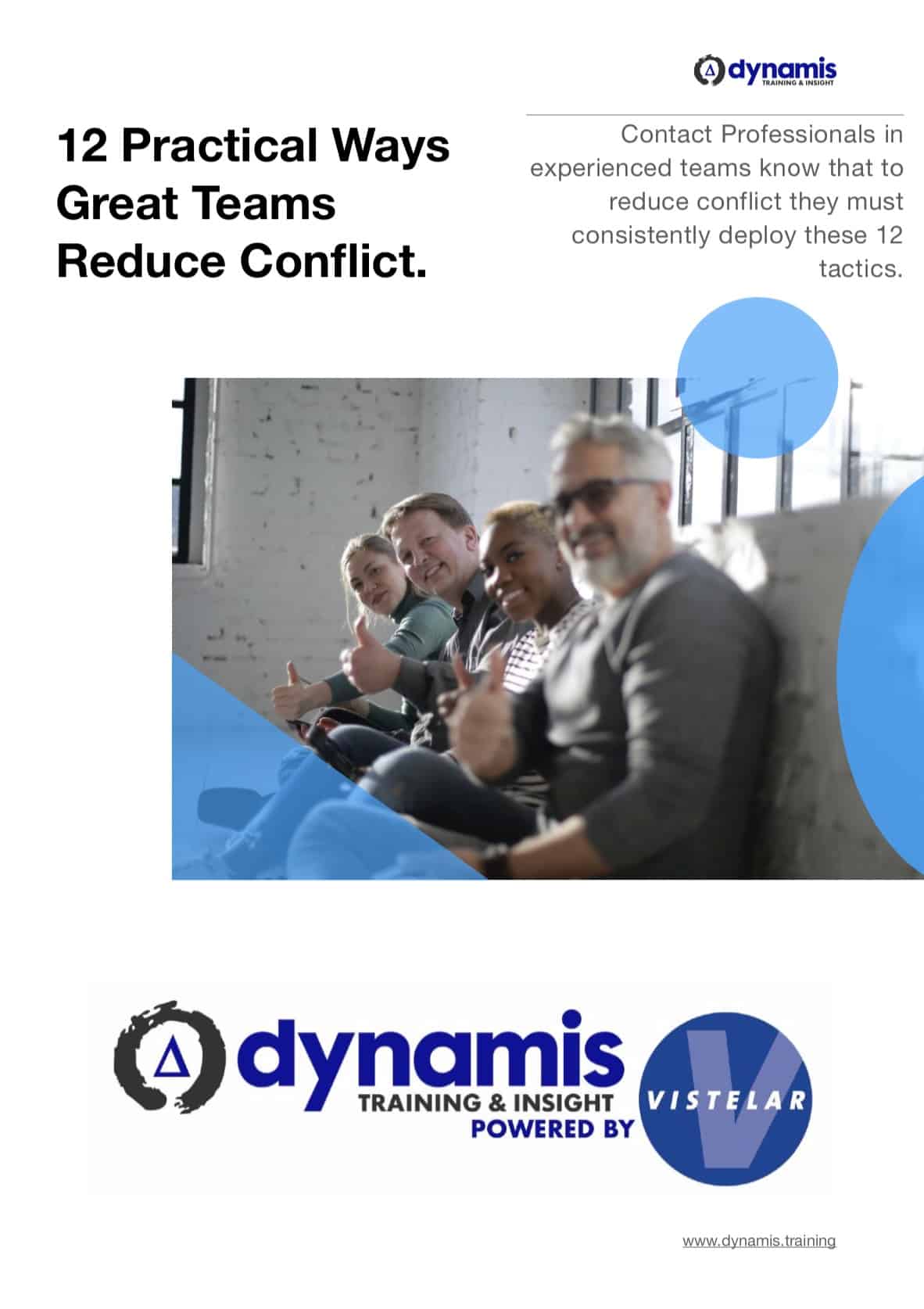The common complaint at Emergency Departments the world over is that there is overcrowding and long uncertain waiting periods. As we have seen, this is compounded by the high expectations of some patients that they will be seen immediately and given the highest priority.
Much of the challenging behaviour presented by relatives and patients is due to their need for:
- Acknowledgement of their Status; or being shown respect and that they are valued
- Certainty from staff about what is happening; of not being left in the dark
- Autonomy to control events and treatment; the presencee of options and choice
- Relatedness or their need to feel that staff have their best interests in mind;
- a perception that they are being treated Fairly (the same as their peers).
From our Verbal Defense and Influence programme on conflict communications we have the FIVE MAXIMS as follows, which present the perfect antidote to these stresses:
All of our interactions with patients, relatives and our colleagues need to reflect our ‘rules of behaviour’ in the unit, department or organisation and so we use the FIVE MAXIMS to guide our behaviour.
Listen to people with all your senses
Ask, Don’t Tell
Explain Why
Give Options, not Threats
Offer people a Second Chance
These components all combine to offer a member of staff the ability to show people respect while dealing with them at their worst. If staff can be consistent in applying these communication templates to their client interactions, then a SOCIAL CONTRACT is enforced and is unambiguous.
All of these communication templates combine to create an environment of Non-Escalation. Within this environment, we seek to De-escalate where needed and then to Physically Protect when it becomes absolutely necessary because of a risk of harm.
———————————————-
Gerard O’Dea is a conflict management, personal safety and physical interventions training consultant. He is the training director for Dynamis, a specialist provider of personal safety and violence management programmes and the European Adviser for ‘Verbal Defense and Influence’, a global programme which addresses the spectrum of human conflict. www.dynamis.training




